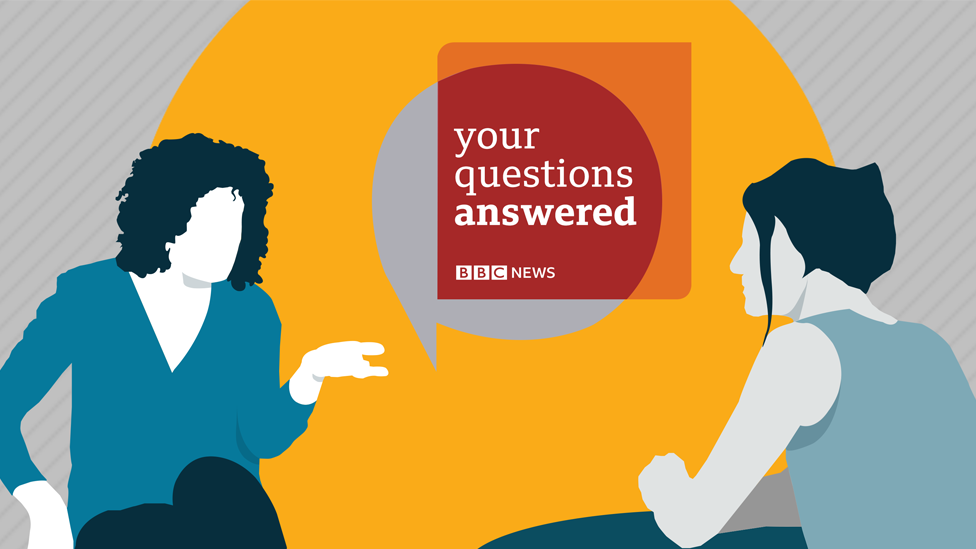Coronavirus: Will the crisis change everything or nothing?
- Published
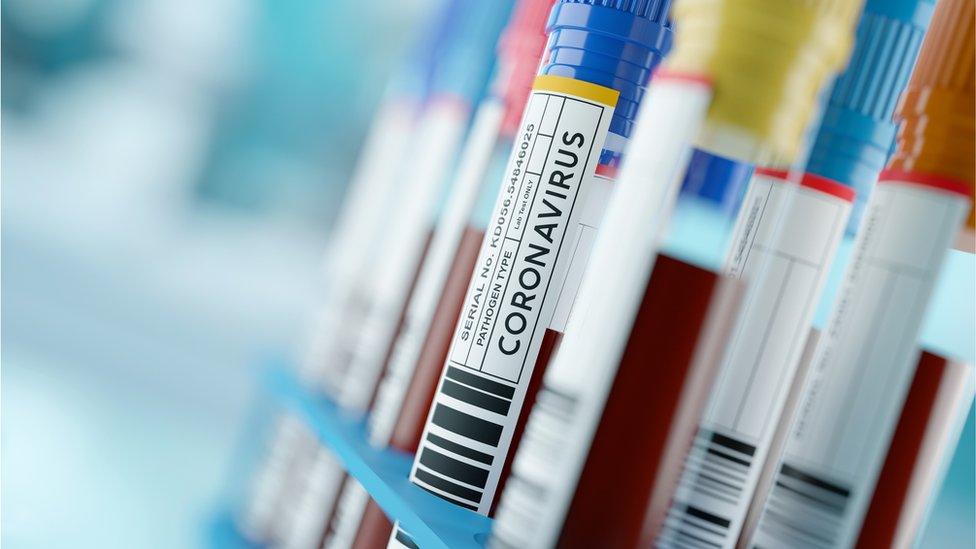
It could be months before we enter a new phase - AD, after the disease
I am looking back at my previous blogs and they all read like products of a bygone era. BC - before coronavirus hit our shores.
Now our doctors, nurses and other key workers are struggling with the immediate impact of this terrifying infection, and it could be months before we enter a new phase - AD, after the disease.
What we all know is that nothing will ever be quite the same again.
The tensions over the timing of school closures or the need to ramp up testing have been influenced in part by the traditional unionist/nationalist divide, over the wisdom of following London or Dublin's lead.
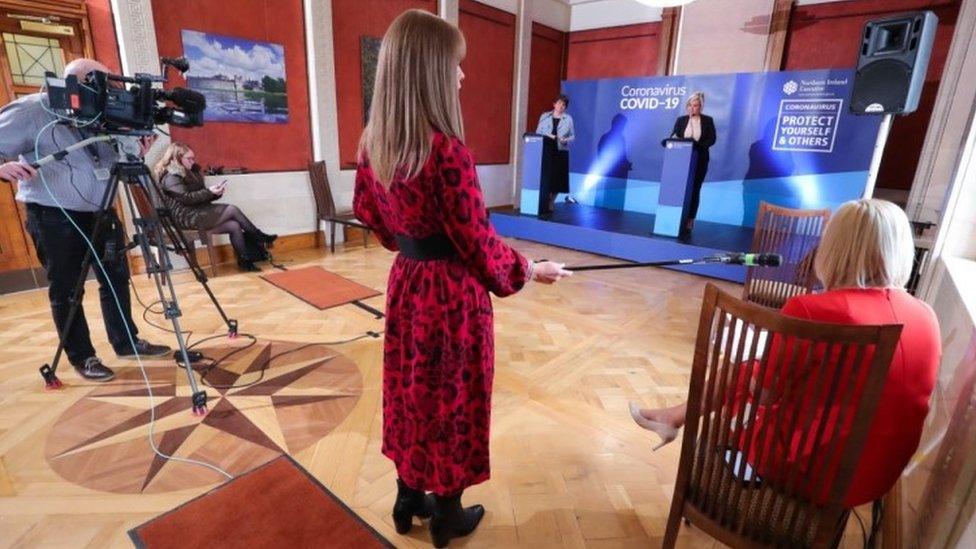
Arlene Foster and Michelle O'Neill keeping their distance at a press update as per the new rules governing society
However, now the killer virus is among us, there's truth to the sentiment that it doesn't discriminate between orange and green.
The fears expressed in the Stormont Assembly chamber this week by the DUP's Pam Cameron and (by his own description) Sinn Féin's 6ft 6ins, 18st colossus John O'Dowd are the same fears we all share.
The tears shed by Deputy First Minister Michelle O'Neill over the case of a cancer patient whose vital treatment has been shelved due to this crisis, are tears many of us have felt welling up.
Tempered by the flames of the virus, the unity of ministers, which seemed just a thin patina a week ago, now looks more substantial.
'Barest of bones'
That said, fresh challenges are emerging at an alarming rate and mistakes have been made - the plight of the self-employed, the reports of unsafe working conditions in some factories and offices and the ambiguity about who really needs to go to work all require urgent resolution both within Northern Ireland and across the UK.
It may be first and foremost a health crisis, but the coronavirus has stripped down our sophisticated society to the barest of bones.
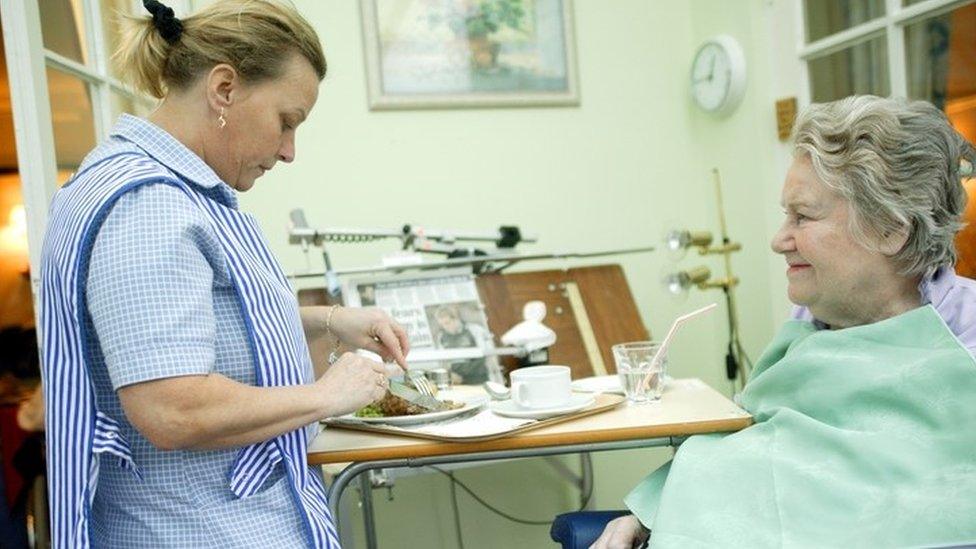
The importance of people such as care home workers has come to the fore during the coronavirus crisis
It's hard to think only a matter of weeks ago our nurses were having to stand on picket lines to campaign for a fair wage.
Not only should that never happen again, but maybe in the future we need to rethink how society rewards different sectors.
BC, we lavished riches on footballers and stockbrokers.
AD, will we remember how much we depend on our supermarket workers, delivery drivers, farmers, agri-food processors, care home assistants and childminders as well as the emergency services?
Can we create a marketplace which rewards them fairly for their labour?
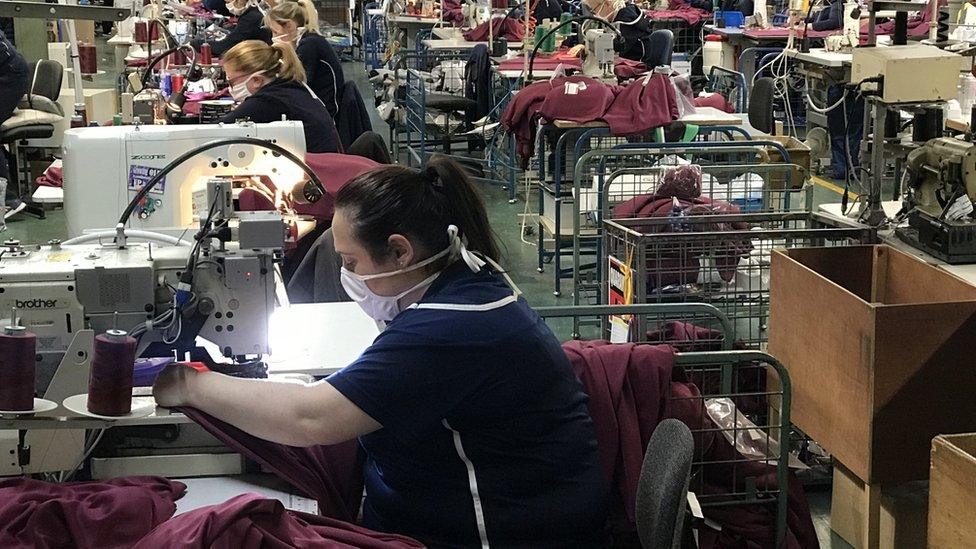
The Covid-19 crisis has raised the need for local resilience i.e. making more things in NI
Globalisation has enabled us to benefit from cheap electronic and other consumer products.
With so many now dependent on those tools to maintain their work from home, you have to acknowledge the benefits.
However, the Covid-19 crisis has also raised the need for local resilience. Should that be more than just maintaining big stockpiles of vital supplies in warehouses?
Next crisis?
The amazing ingenuity of local manufacturers in turning their hands to producing medical scrubs or ventilator parts has to be applauded.
But in the future should we, as a society, aspire to make more of our own things?
If local suppliers aren't competitive in a global free market will we need to protect them in order, ultimately, to protect ourselves?
We don't know exactly what the next crisis will be that we might face, although climate change might be an increasingly safe bet.
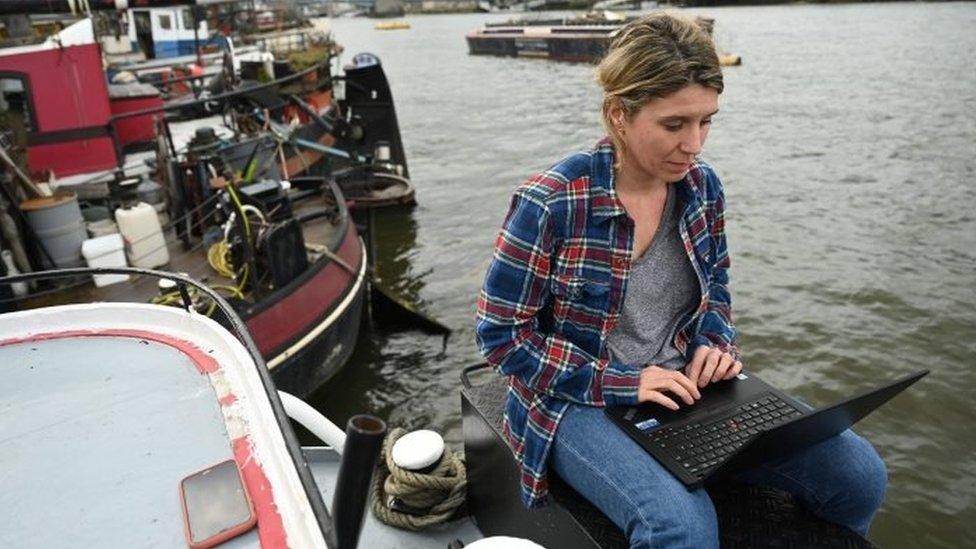
Will working from home become the new norm and help the environment at the same time?
Now many of us are sitting in our homes, we might wonder whether, BC, we needed to rush from A to B quite as much as we did?
Will the enforced remote working set a precedent, so that AD, office employees only attend their workplaces on an intermittent basis in order to reduce pollution and carbon emissions?
I don't have the answers to any of these questions, but I am guessing that we cannot simply return to the BC status quo.
2021 is the year when Northern Ireland will mark its centenary - a celebration for unionists and a rather less auspicious anniversary for nationalists.
But 2020 has been the year when everyone must have realised that, when it comes to survival, we are all on the same side.
Right now I am just hoping that, AD, all my nearest and dearest and all yours too, are around to take part in the debate about what our society should look like in the future.
- Published24 March 2020
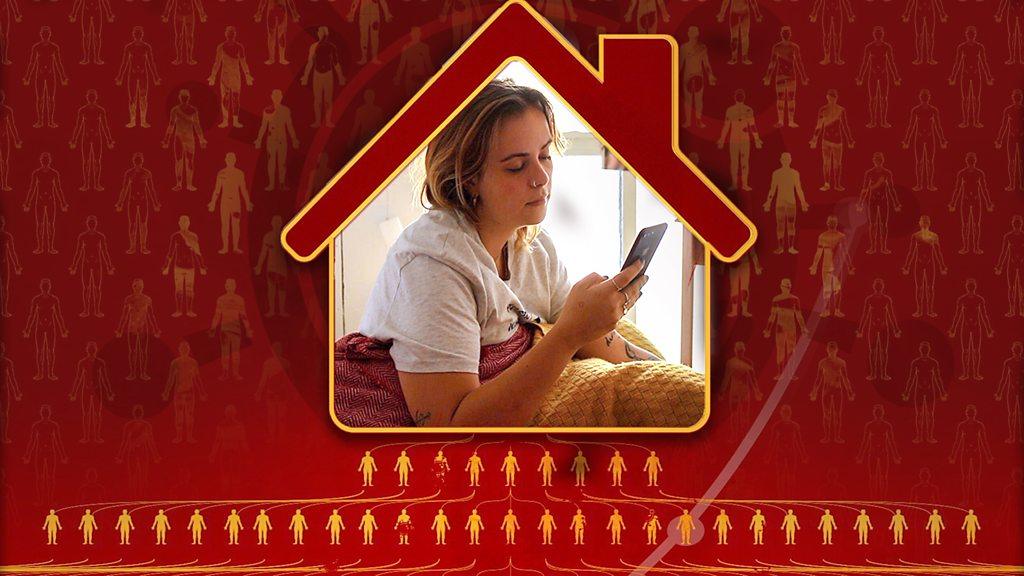
- Published24 March 2020
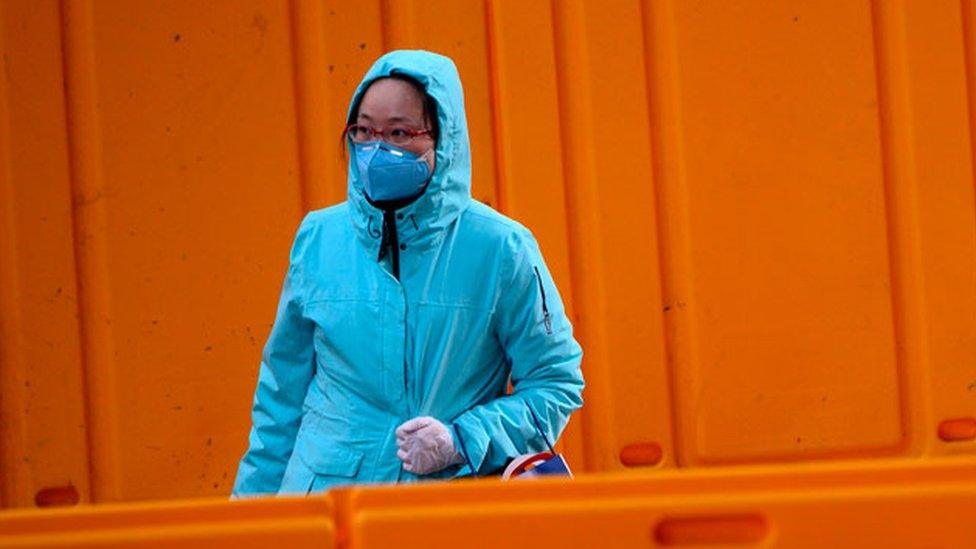
- Published22 February 2022
